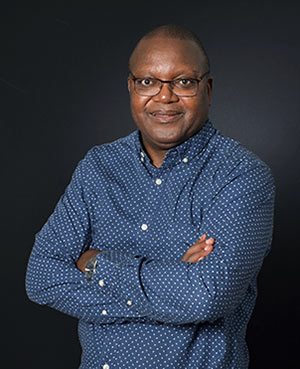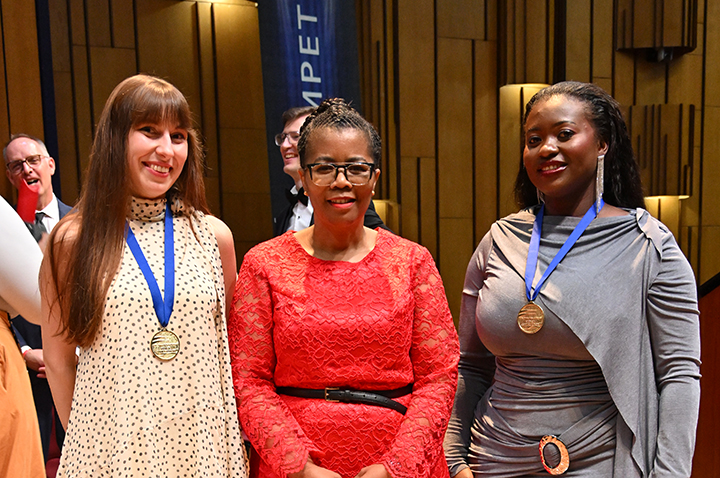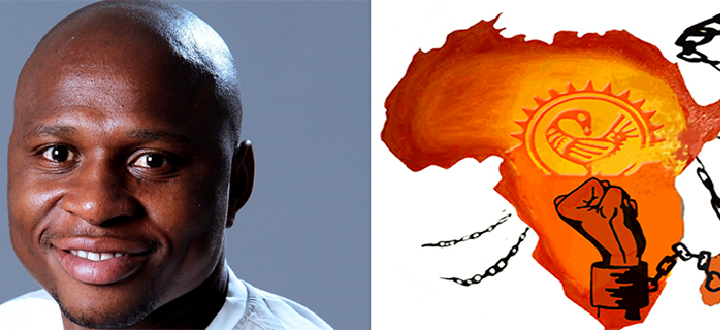
The largest provider of business education in Africa and one of the largest in the world

Prof Dan Makina (Finance, Risk Management, and Banking, CEMS)
The World Health Organisation (WHO) should consider mega-crowdfunding to finance the mass vaccination of people in poor and fragile countries, argues Prof Dan Makina, of the Department of Finance, Risk Management and Banking, in the article Covid-19 and health crowdfunding in the South African Financial Markets Journal of 22 June 2020.
Makina says that the organisation could issue Covid-19 vaccine bonds to which the general public, private companies, organisations and governments could subscribe to finance a vaccination programme in poor and fragile countries.
In response to the Covid-19 pandemic, WHO has embraced crowdfunding to augment its funding to fight the pandemic. In cooperation with the United Nations Foundation and the Swiss Philanthropy Foundation, WHO launched on 13 March 2020 the Covid-19 Solidarity Response Fund and set up a website seeking contributions from the public worldwide to raise a target amount of US$7 billion.
There are several benefits of health crowdfunding, says Makina. It enables public participation in funding health and fosters public awareness of health issues. In other words, health crowdfunding facilitates financial inclusion in health matters. It also facilitates health research that can lead to vaccines and enables the funding of rare diseases or the unexpected outbreaks of epidemics or pandemics.
Morally, health crowdfunding democratises the funding of health to save lives, especially during unforeseen epidemics or pandemics. However, when crowdfunding is undertaken by national governments, it unintentionally leads them to shirk their responsibility of providing adequate healthcare coverage to all citizens. In other words, health crowdfunding undertaken by governments runs the risk of being used for narrow political projects.
The Covid-19 crowdfunding initiative differs from standard crowdfunding initiatives in that it does not involve intermediary platforms, such as GoFundMe, KickStarter, Crowdcube, and the like, which are subject to transaction fees and the costs charged by these intermediary platforms. This initiative has a global reach, attracting funding from not only the multitude of individuals, as is the case with most crowdfunding initiatives, but from also big business and organisations such as Google, Facebook and FIFA. It could be called mega-crowdfunding, meaning the sourcing of funds from multitudes of individuals as well as big and small business and organisations, Makina opined.
* By Ilze Crous, Communication and Marketing Specialist, College of Economic and Management Sciences
Publish date: 2020/07/10
 Unisa celebrates a project of hope, dignity and student success
Unisa celebrates a project of hope, dignity and student success
 Women vocalists take top honours at Unisa's globally renowned showcase
Women vocalists take top honours at Unisa's globally renowned showcase
 African wealth is dependent on investment in education and development
African wealth is dependent on investment in education and development
 Unisa celebrates matric result success at Correctional Services ceremony
Unisa celebrates matric result success at Correctional Services ceremony
 Unisa ICT Director recognised among acclaimed IT leaders
Unisa ICT Director recognised among acclaimed IT leaders